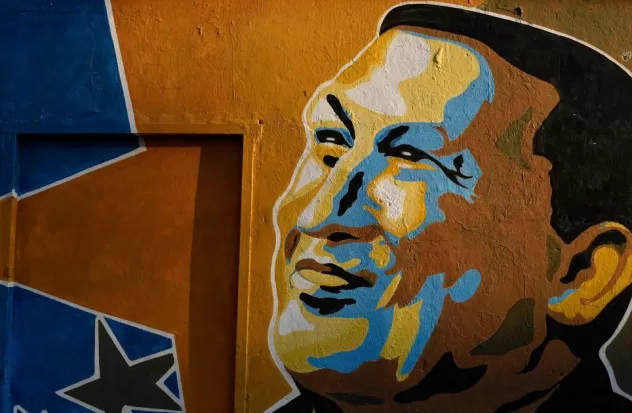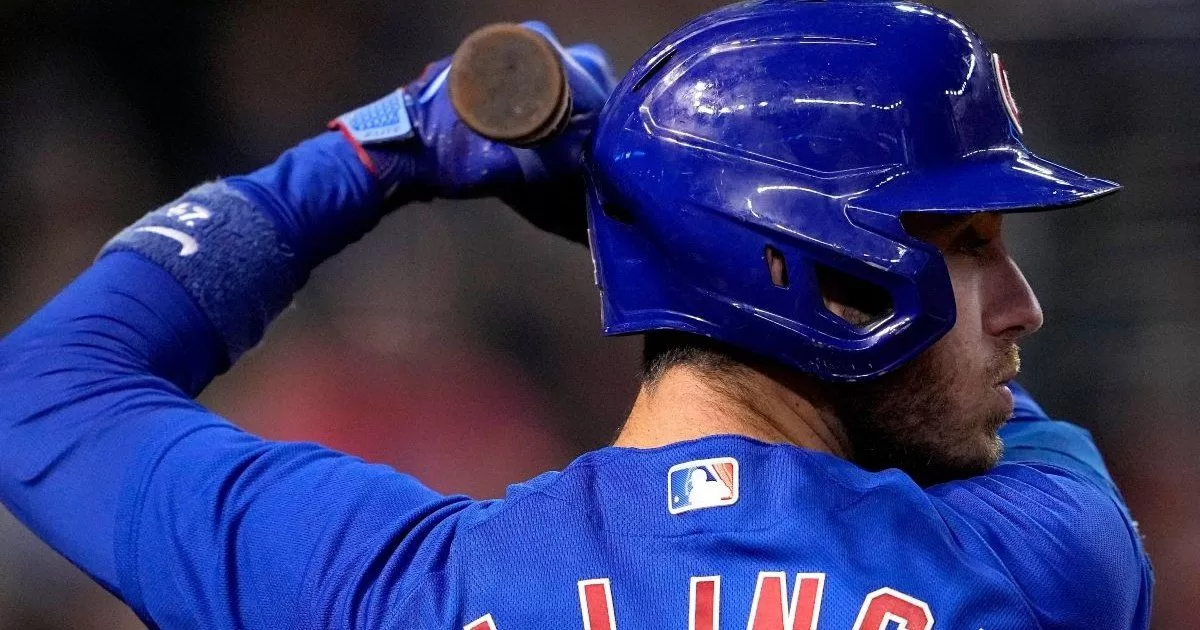MIAMI- Venezuela commemorates one of the most turbulent episodes in the country’s history that occurred two decades ago, it is the “9/11 outbreak.” April 2002″. Pedro Carmona, a central figure in the events of that day, offered in an interview to the Venezuelan journalist Napoleón Bravo, a detailed retrospective on the background and the unleashing of the events that led to what is popularly known as the “carmonazo.” “.
In an exclusive conversation, Pedro Carmona recalled how popular dissatisfaction and discomfort due to the autocratic drift of the mandate of Hugo Chavez were determining factors in the crisis. From the calling of a questioned National Constituent Assembly to the politicization of Petróleos de Venezuela (PDVSA), various elements contributed to a climate of growing tension in the country.
Discontent in the union sector, alliances with the Cuban regime and corruption in the Chavista dictatorship were also key points that exacerbated social tensions. Carmona emphasized how the popular demonstrations, especially the march of April 11, 2002, reflected the general malaise of Venezuelan society.
“We must remember the desire to liquidate and discredit the political parties also generated unrest apart from the alliances that were already woven and strengthened with Cuba and Fidel Castro, which was clearly inconvenient and harmful to the national interest. The delivery of Oil was an issue that was already on the table and caused great unrest, especially due to the massive presence of Cubans: doctors, teachers, sports coaches, security agents, all with a political function. This was what led to the surrender to Cuba from strategic sectors that we all know,” expressed Pedro Carmona.
Furthermore, Carmona Estanga explained that the crisis reached its peak when the masses approached Miraflores and Chávez tried to stay in power. The pronouncements of the military leaders and the pressure on the army commander were decisive events in the outcome of the situation.
In this context, Carmona explained that he and a group of generals and like-minded civilians made the decision to assume a democratic transition government. However, the rapid succession of events and the lack of preparation for the transition left the country in a state of uncertainty.
Twenty years later, the events of April 11, 2002 continue to remember the legitimate popular uprising of Venezuelans against an authoritarian Chavista dictatorship. Pedro Carmona’s perspective that he offered in the interview is a unique vision of one of the most critical moments in the country’s history.
The Venezuelan businessman also warned that “this regime of Nicolás Maduro is close to surpassing the longest dictatorship that Venezuela has ever had.”
What happened on April 11 in Venezuela?
On April 11, 2002, the Venezuelan people rose up in a massive demonstration to express their outrage at the authoritarian regime of Hugo Chávez. Thousands of citizens marched peacefully through the streets of Caracas demanding democratic change and their departure since Chávez’s mandate had plunged the country into a deep economic and social crisis.
The demonstration culminated in the Miraflores Palace, where Venezuelans cried out for justice and freedom. However, the regime’s response was violent, with police repression and armed groups.
Given the magnitude of the protest and popular pressure, Hugo Chávez was forced to renounce power, thus recognizing his inability to govern democratically. In an act of courage and determination, opposition leader Pedro Carmona temporarily assumed the presidency of Venezuela, with the commitment to restore constitutional order and call free and transparent elections.
However, the Chavista dictatorship, in an act of betrayal of the will of the people, orchestrated a coup d’état to overthrow the legitimate government of Carmona. Through the use of force and media manipulation, Chávez managed to regain power, plunging Venezuela into an even deeper and prolonged crisis that continues now with Nicolás Maduro.
That date will remain engraved in the memory of Venezuelans as a day of struggle for democracy and freedom.
Source: DLA EDITORIAL



